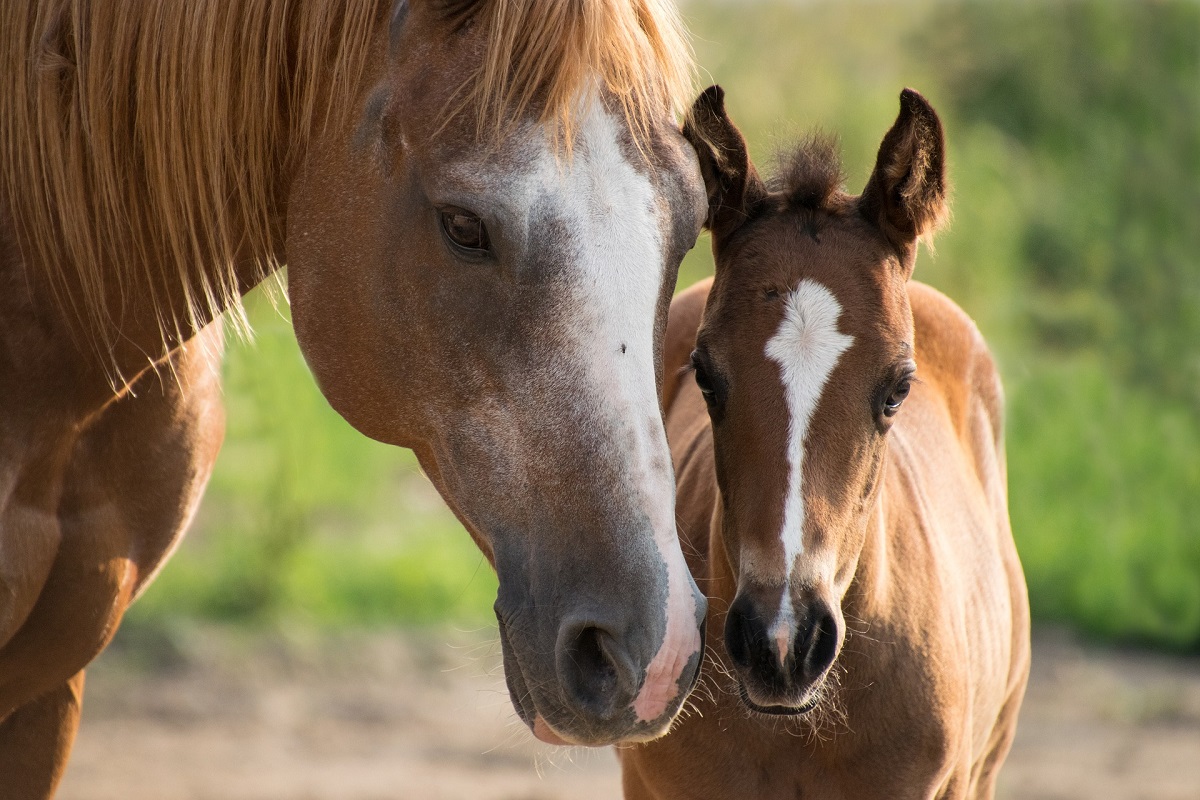Selenium -An Essential Mineral
Selenium is an essential trace mineral with important antioxidant functions. Plants take up selenium through the soil and groundwater and are consumed by herbivores in their diets. The amount taken up by most plants varies by geographical area depending on soil conditions. Forage in many parts of the United States (particularly in the Northwest) is actually selenium deficient, which can lead to health issues, especially in foals.
and groundwater and are consumed by herbivores in their diets. The amount taken up by most plants varies by geographical area depending on soil conditions. Forage in many parts of the United States (particularly in the Northwest) is actually selenium deficient, which can lead to health issues, especially in foals.
Severely affected foals have breakdown of their muscles (“tying up”), leading to progressive weakness, organ damage, and sometimes death. Heart muscle can also be affected. Subacute cases demonstrate widespread profound muscle weakness, which may include difficulty swallowing, putting them at risk for developing pneumonia. In adult horses, deficiencies of both vitamin E and selenium can occur; however, it is important to assess these nutrients independently. Selenium deficiency in foals is easy to prevent through appropriate supplementation of the mare’s diet during pregnancy. Adult horses can also be easily supplemented.
The National Research Council (NRC) recommends a minimum of 1 mg (no more than 3 mg) of selenium daily for a 1,100-pound horse. Supplements that include high-selenium yeast are best absorbed by horses, and a variety of supplements are available that provide balanced trace minerals and vitamins.
It is good practice to know where your forage comes from (Is it from an area with soil known to be deficient in selenium?) and identify other sources of selenium in your horse’s diet (consult the labels for ration balancers and supplements) to make sure they are not under or over supplemented. Work with your veterinarian or equine nutritionist to adjust selenium levels, and discuss specific considerations for pregnant mares.
